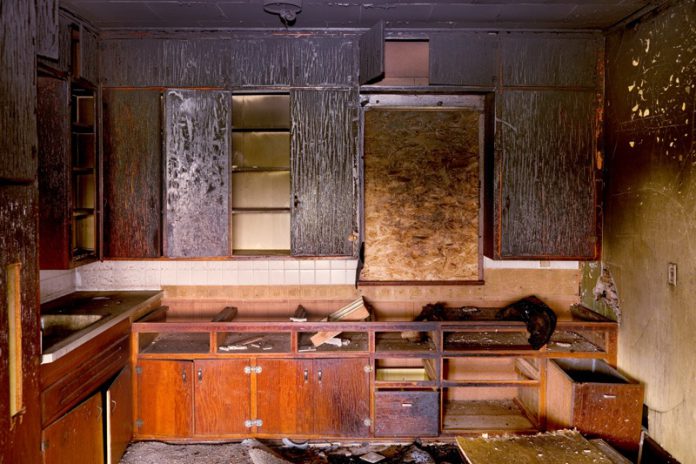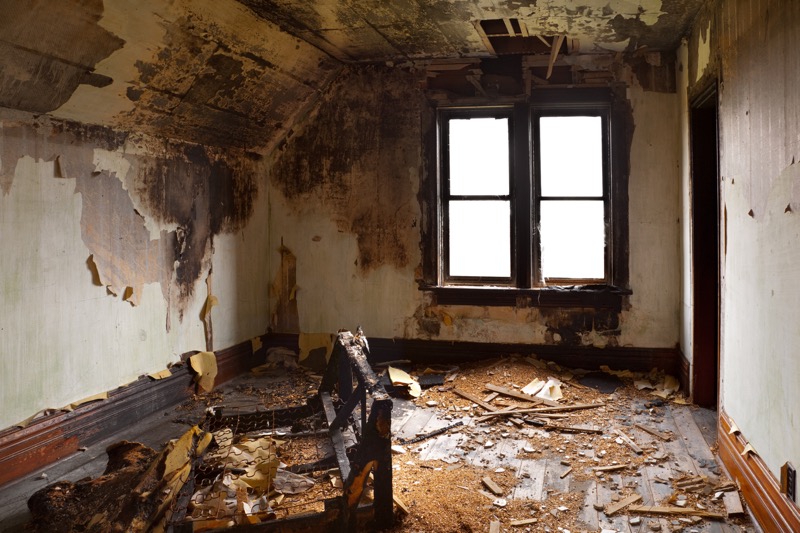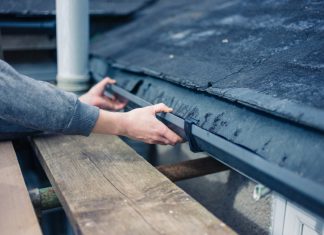Sometimes, a building or a house can burn down or get flooded. That’s a tragedy for the owner of the property. However, some people work in this field, and they can ensure that any fire damage on a home is quickly fixed. It is not as simple as you might think to repair damage from a fire. It’s something that requires training and many years of experience to do correctly.
Services Restoration Companies Provide
To have your home repaired after being damaged by a fire, you will need to hire a restoration company to do the work for you. Not all companies will handle repairing your house if it has burned down entirely because their expertise usually only deals with water damage, smoke odour removal, or other types of injuries that can happen due to a fire. So, the first thing you need to do is find a company that can restore your house correctly after being damaged by fire.
Once you have found a reputable restoration company, ask them what steps they will take once they arrive on site. For example, how would someone begin working if your home is not safe to walk through because its structural integrity has been compromised due to fire damage? Also, the contractor needs to know what types of materials were used to construct your house so that proper repairs can be made.
Hiring an experienced restoration company is very important if you want your house restored quickly and efficiently after being damaged by fire. However, it would be best if you still educated yourself on some of the steps that need to be taken to ensure the quality of work that is being done.
Steps Involved In Restorations
Some of the essential details to remember are:
1) Having a restoration company come out and do an assessment early on. This way, your insurance provider will know what has happened to start replacing personal belongings as soon as possible. They will often give you money for clothing and other necessities while you cannot return home.
2) Make sure that no one is allowed inside until it is approved by a restoration company because there might still be damage resulting from fire coming into contact with various materials used around the house, such as carpets and walls. Some companies will inspect the site by looking in through windows and doors to be sure.
3) You should also remember that anything on your property that is burned will need to be removed. That includes materials such as soil, concrete, and grass. Suppose any of these materials get into a water supply during runoff from cleaning up the site. In that case, there could be some very serious consequences associated with drinking the contaminated water or swimming in it downstream.
Overall, fire damage restoration can be very complicated for people unfamiliar with restoration companies or what they do. However, this work has to be done well, or else you might end up getting very sick because of mould growth inside your home due to lack of good air quality after a fire burns down your house completely. So, make sure you follow all of the steps above so that your home can be safely restored.
Dealing With Costs Of Restorations
Ensure you know what is included and what must be negotiated and paid separately if and when necessary. Make sure before hiring a restoration company, you discuss all potential costs with your insurer first to avoid paying more than you should or receiving less than you’re owed. Suppose your insurance provider doesn’t want to help. In that case, it’s probably time to switch providers because they are doing their customers a disservice by not negotiating with current contractors to keep costs low. If you want to ensure you hire a trustworthy company, visit the website of multiple restoration companies and compare them to one another. Click this link to get a good idea of what the website of a reliable restoration company looks like: https://nationwiderestorations.ca/.
The bottom line is that insurance companies will pay for necessary repairs and services to have your home restored to its pre-loss condition but not beyond. Luckily, it’s pretty simple for you to avoid any unpleasant surprises by making sure you know what is included and what must be negotiated and paid separately if and when necessary.
















